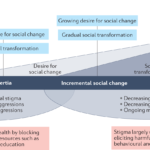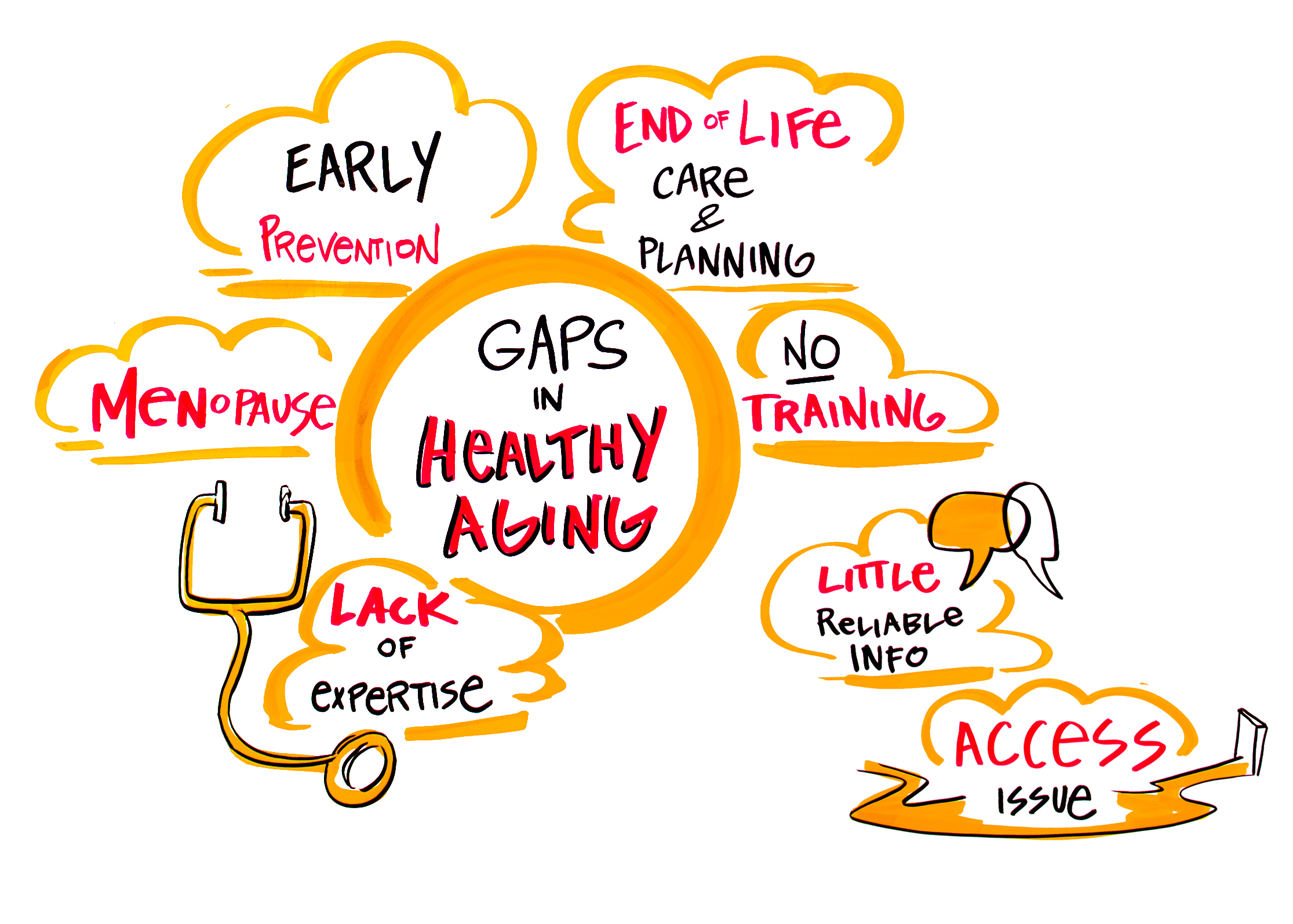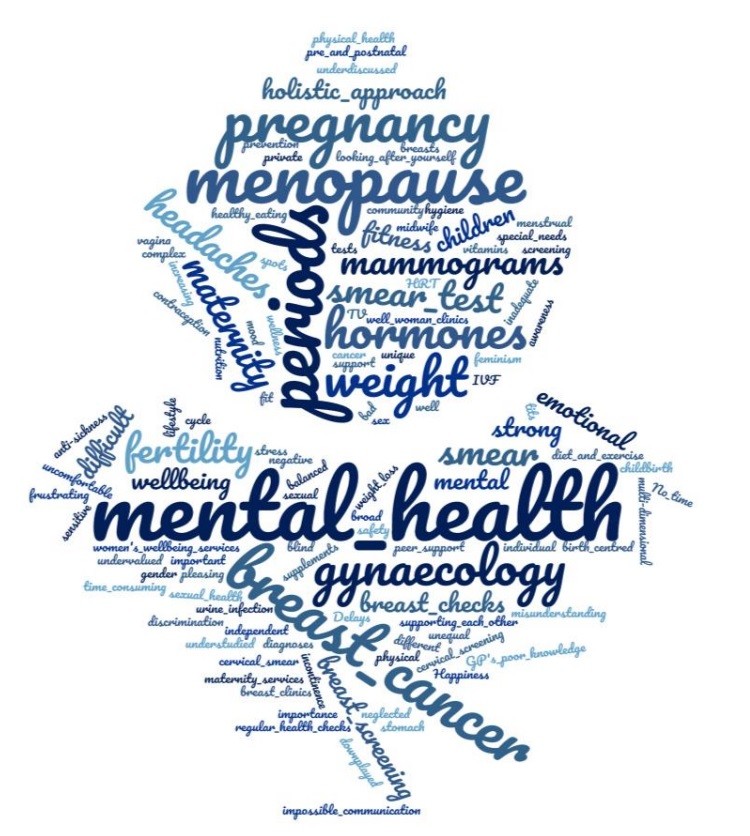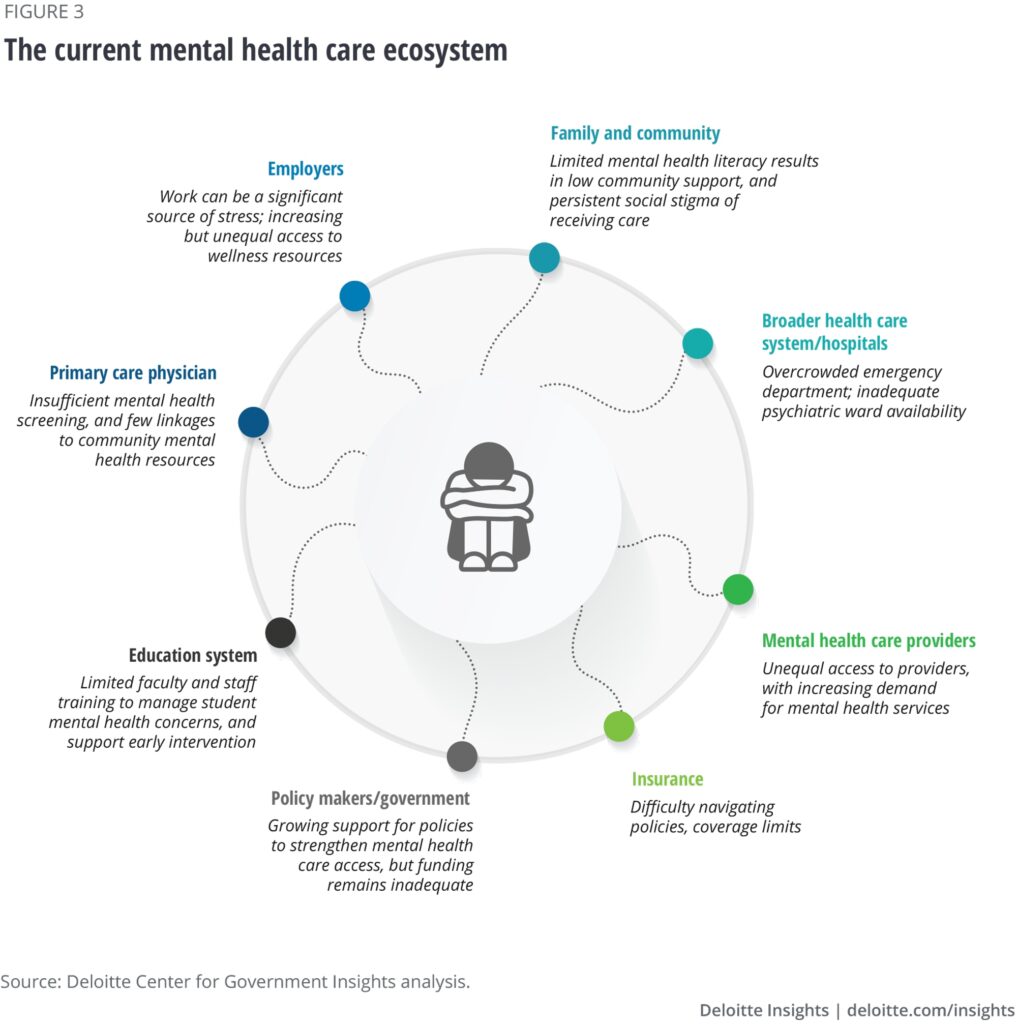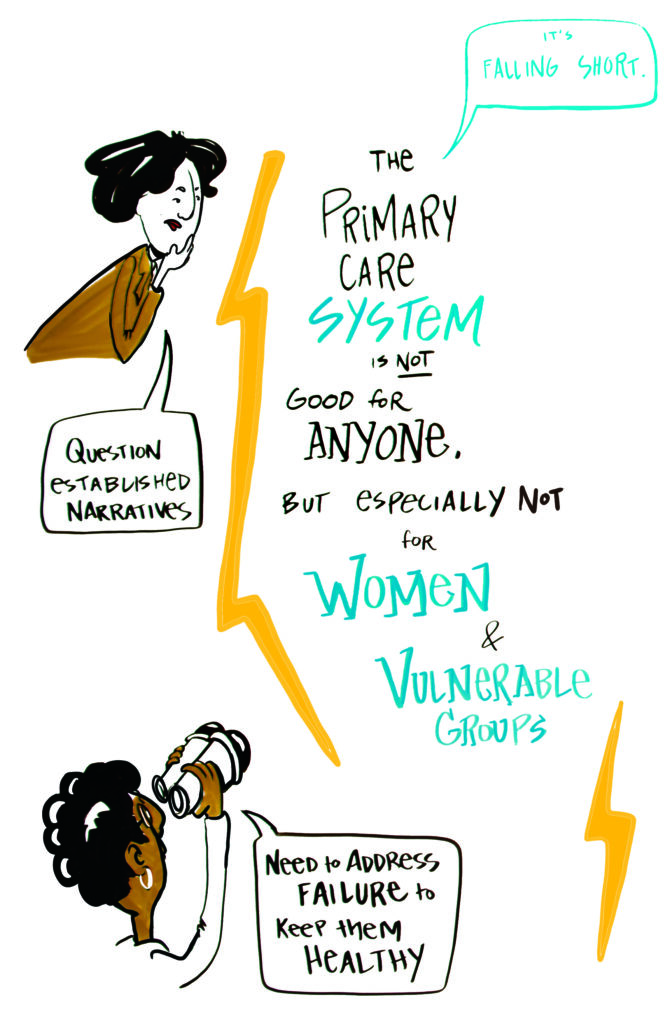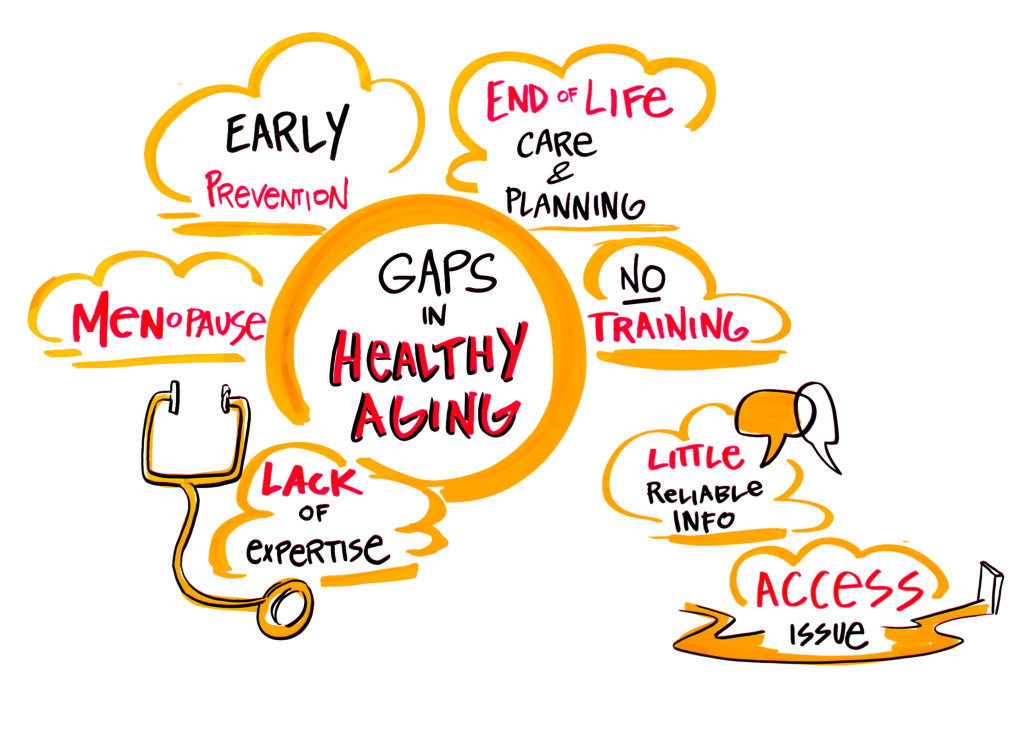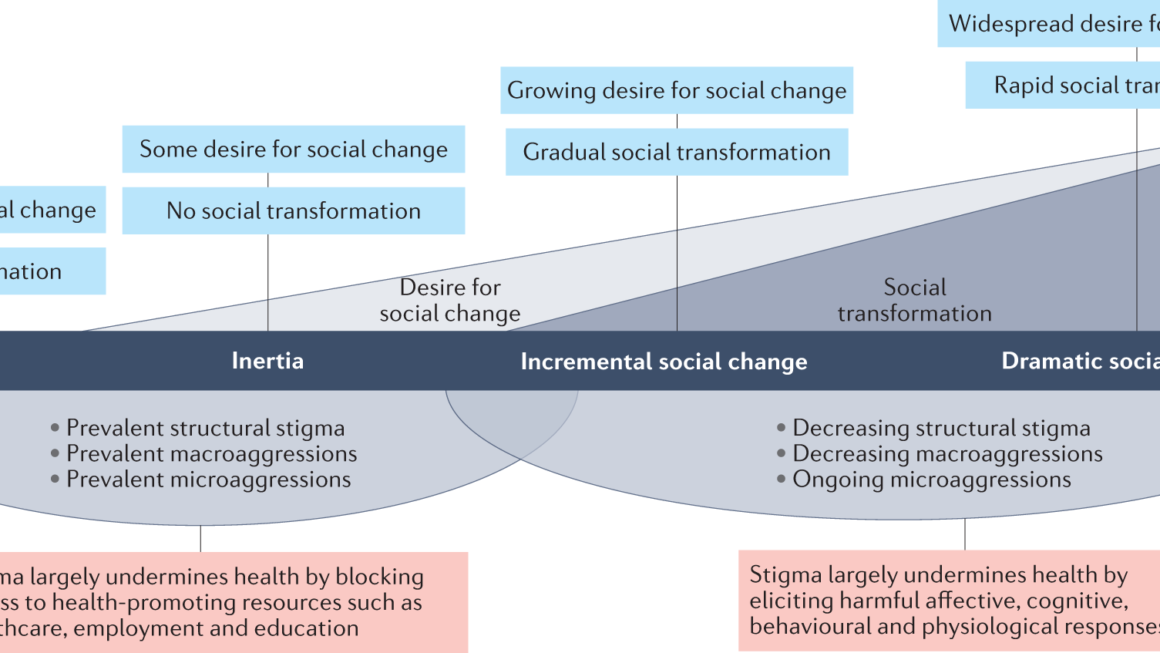In this article, we will explore the vital topic of improving women’s mental health and take a closer look at how healthcare systems can play a crucial role in addressing their unique needs. With a focus on understanding the challenges faced by women when it comes to mental wellbeing, we will delve into the ways in which healthcare systems can make a positive impact and provide the necessary support. By highlighting the importance of fostering a holistic approach that considers women’s specific concerns, we aim to shed light on the path towards a more inclusive and effective mental healthcare system for all.
1. Recognizing the Gender-Specific Mental Health Needs of Women
1.1 Gender differences in mental health
When it comes to mental health, it is essential to recognize that women may have unique needs compared to men. Various factors, including biological, social, and cultural influences, contribute to these differences. For example, hormonal fluctuations throughout the menstrual cycle, pregnancy, and menopause can impact women’s mental well-being. Additionally, societal expectations and gender roles may put women at a higher risk of certain mental health disorders, such as anxiety and depression.
1.2 Unique mental health challenges faced by women
Women face several specific mental health challenges that require attention and support from healthcare systems. One prominent challenge is the higher prevalence of mood and anxiety disorders among women, often attributed to hormonal and genetic factors. Postpartum depression and post-traumatic stress disorder (PTSD) after childbirth are other examples of mental health challenges predominantly faced by women. Furthermore, women are more likely to experience body image issues and eating disorders, highlighting the need for specialized care tailored to their unique needs.
2. Promoting Awareness and Education
2.1 Public campaigns for mental health literacy
Creating awareness and promoting mental health literacy among the general population is crucial to address the mental health needs of women effectively. Public campaigns that focus on destigmatizing mental illness and providing accurate information can help individuals recognize the signs and symptoms of mental health issues. By increasing knowledge about mental health, these campaigns empower women to seek help early and encourage supportive environments where they can openly discuss their mental well-being.
2.2 Integrated mental health education in school curriculum
To ensure a sustainable impact, mental health education should be integrated into school curricula. By incorporating topics such as emotional intelligence, coping mechanisms, and stress management, young girls can develop essential skills that promote mental well-being. Educating girls about their changing bodies, including the emotional aspects of puberty and reproductive health, can also contribute to normalizing conversations about mental health. Such education equips young girls with the knowledge and strategies necessary to navigate their mental health journey later in life.
3. Enhancing Access to Mental Health Services
3.1 Expanding mental health service coverage
Improving access to mental health services is crucial for women to receive timely and appropriate care. Healthcare systems should strive to expand mental health service coverage to reach women in all communities and socioeconomic backgrounds. This includes ensuring an adequate number of mental health professionals and mental health facilities in both urban and rural areas. By eliminating barriers to access, such as long waiting times and limited availability of appointments, women can receive the support and treatment they need without unnecessary delays.
3.2 Reducing financial barriers to mental healthcare
Financial constraints often prevent women from seeking mental health services. Healthcare systems should prioritize reducing these barriers by providing affordable mental healthcare options. This may involve working with insurance providers to ensure mental health coverage is readily available and affordable for women. Additionally, offering low-cost or free counseling services through community clinics or mental health organizations can make mental healthcare more accessible to women, particularly those facing financial difficulties.
3.3 Improving geographic accessibility
Geographic accessibility plays a significant role in women’s ability to access mental health services. Healthcare systems should take steps to ensure that mental health facilities are conveniently located, especially in underserved areas. Collaborations between mental health professionals, hospitals, and community organizations can help establish satellite clinics or mobile mental health units to reach women in remote or marginalized communities. By bringing mental health services closer to women’s homes, healthcare systems can bridge the gap in accessibility and improve overall mental health outcomes.
4. Culturally Sensitive Approaches to Mental Healthcare
4.1 Cultural competence training for healthcare providers
To effectively address the mental health needs of women from diverse backgrounds, healthcare providers should undergo cultural competence training. This training equips them with the knowledge and skills necessary to understand and respect different cultural beliefs, practices, and values. By fostering cultural competence, healthcare providers can create a safe and inclusive environment where women feel comfortable discussing their mental health concerns.
4.2 Integrating cultural beliefs and practices in treatment plans
In addition to cultural competence training, healthcare systems should integrate cultural beliefs and practices into treatment plans for women. Recognizing the importance of cultural context, mental health professionals can collaborate with women to develop personalized treatment approaches that align with their cultural values. This may involve incorporating traditional healing practices, involving family members in the treatment process, or considering cultural taboos and norms when discussing sensitive topics. By embracing cultural diversity and tailoring treatment options accordingly, healthcare systems can provide more effective and holistic care for women.
5. Addressing Stigma and Discrimination
5.1 Challenging societal views on women’s mental health
To improve women’s mental health, it is crucial to challenge societal views and stereotypes surrounding mental illness. Healthcare systems should work towards reducing the stigma associated with women seeking mental health support. By promoting positive narratives and role models, healthcare systems can normalize the idea of seeking help for mental health concerns and encourage women to prioritize their well-being. Public figures, influencers, and organizations can play a significant role in this by sharing their experiences and advocating for change.
5.2 Combating gender-based discrimination in healthcare settings
Women may face unique forms of discrimination and bias in healthcare settings. Healthcare systems need to address and combat these barriers by implementing policies that promote gender equity and inclusivity. Ensuring that healthcare providers receive training on gender sensitivity and recognizing the importance of informed consent can contribute to a more respectful and empowering environment for women. By actively addressing gender-based discrimination, healthcare systems can create a safe space for women to seek mental health services without fear of judgment or mistreatment.
6. Preventive Measures for Women’s Mental Health
6.1 Encouraging regular mental health check-ups
Preventive measures are crucial in promoting women’s mental well-being. Healthcare systems should encourage women to prioritize their mental health by scheduling regular check-ups, just like they would for their physical health. By incorporating mental health screenings into routine healthcare visits, healthcare providers can identify early signs of mental health issues and provide appropriate interventions. Regular check-ups also allow healthcare providers to monitor women’s mental well-being over time and provide guidance on maintaining good mental health.
6.2 Promoting healthy lifestyle choices for mental well-being
Healthy lifestyle choices play a significant role in maintaining good mental health. Healthcare systems should promote the importance of self-care, stress management, and healthy coping mechanisms for women. This can include providing resources and educational materials on techniques such as mindfulness, relaxation exercises, and healthy sleep habits. By emphasizing the significance of self-care practices, healthcare systems empower women to take an active role in their mental well-being and cultivate habits that contribute to better mental health outcomes.
7. Integration of Mental Health into Primary Care
7.1 Screening and early detection of mental health issues in primary care
Integrating mental health into primary care settings is essential for early detection and intervention. By incorporating standardized mental health screenings during regular check-ups, healthcare providers can identify mental health issues at an early stage. This allows for timely referral to specialized care if needed. Primary care providers can also play an active role in providing basic mental health support and counseling to women, ensuring that mental health concerns are not overlooked or neglected.
7.2 Collaborative care models for improved mental healthcare
Collaborative care models that involve close communication and coordination between primary care providers and mental health specialists can significantly improve women’s mental healthcare. By establishing a multidisciplinary team approach, healthcare systems can ensure that women receive comprehensive care that addresses all aspects of their mental health. This model enables primary care providers and mental health specialists to work together, share expertise, and develop personalized treatment plans that cater to each woman’s unique needs.
8. Tailored Treatment Options for Women
8.1 Gender-specific treatment research and development
The development of gender-specific treatment options is crucial to address women’s mental health needs effectively. Healthcare systems should invest in research that focuses on understanding the gender-specific aspects of mental health and developing treatments tailored to women. This may involve studying the impact of hormonal fluctuations on mental health, exploring the effectiveness of gender-specific therapies, or investigating the role of gender-related psychosocial factors in mental well-being. By advancing gender-specific treatment options, healthcare systems can ensure that women receive the most appropriate and effective care.
8.2 Personalized and holistic approaches for mental health care
Women’s mental health requires personalized and holistic approaches that consider their unique experiences and needs. Healthcare systems should prioritize providing women-centered care that goes beyond symptom reduction and addresses the underlying factors contributing to mental health issues. This involves taking a holistic approach that considers social determinants of health, psychosocial factors, and individual circumstances. By tailoring treatment plans to each woman’s specific needs, healthcare systems can achieve better mental health outcomes and improve the overall well-being of women.
9. Strengthening Support Networks and Peer Groups
9.1 Establishing community-based support programs for women
Creating community-based support programs specifically designed for women can significantly contribute to their mental health and well-being. These programs can provide safe spaces for women to connect, share experiences, and access peer support. Support programs may offer various activities such as support groups, workshops, and educational sessions on mental health topics relevant to women’s lives. By fostering a sense of belonging and empowerment, these community-based programs become valuable resources for women seeking understanding, validation, and guidance in their mental health journey.
9.2 Empowering women through peer support and advocacy
Peer support and advocacy play important roles in addressing the mental health needs of women. Healthcare systems should encourage and facilitate peer-led support groups where women can support and learn from one another. Peer support offers a unique and valuable perspective, as women who have firsthand experience with mental health challenges can provide empathy, understanding, and encouragement. Empowering women through peer support not only strengthens their resilience but also promotes a sense of collective advocacy, inspiring them to raise awareness and advocate for improved mental health services and resources.
10. Research and Data Collection on Women’s Mental Health
10.1 Funding research on gender-specific mental health issues
To enhance women’s mental health outcomes, healthcare systems should allocate funding for research on gender-specific mental health issues. This research should aim to explore the underlying factors contributing to mental health disparities among women, develop targeted interventions, and evaluate their effectiveness. By investing in research, healthcare systems gain valuable insights into women’s mental health needs, which can inform policy development and guide the implementation of evidence-based interventions.
10.2 Collecting and analyzing sex-disaggregated mental health data
Collecting sex-disaggregated mental health data is crucial in understanding the specific mental health challenges faced by women. By analyzing data that differentiates between sexes, healthcare systems can identify trends and patterns in women’s mental health and target interventions accordingly. Sex-disaggregated data can also highlight disparities in access to mental health services, enabling healthcare systems to address these gaps and ensure equity in care. Regular data collection and analysis provide essential information for monitoring progress and evaluating the effectiveness of mental health interventions for women.
In conclusion, healthcare systems can better address the mental health needs of women through a comprehensive approach that recognizes gender differences, promotes awareness and education, enhances access to services, embraces cultural sensitivity, addresses stigma and discrimination, and focuses on preventive measures, integration into primary care, tailored treatment options, strengthening support networks, and investing in research and data collection. By implementing these strategies, healthcare systems can improve women’s mental health outcomes, empower women to prioritize their well-being, and create a more inclusive and supportive environment for all.
